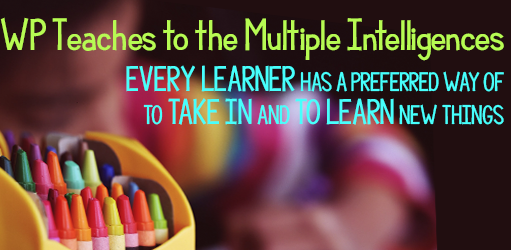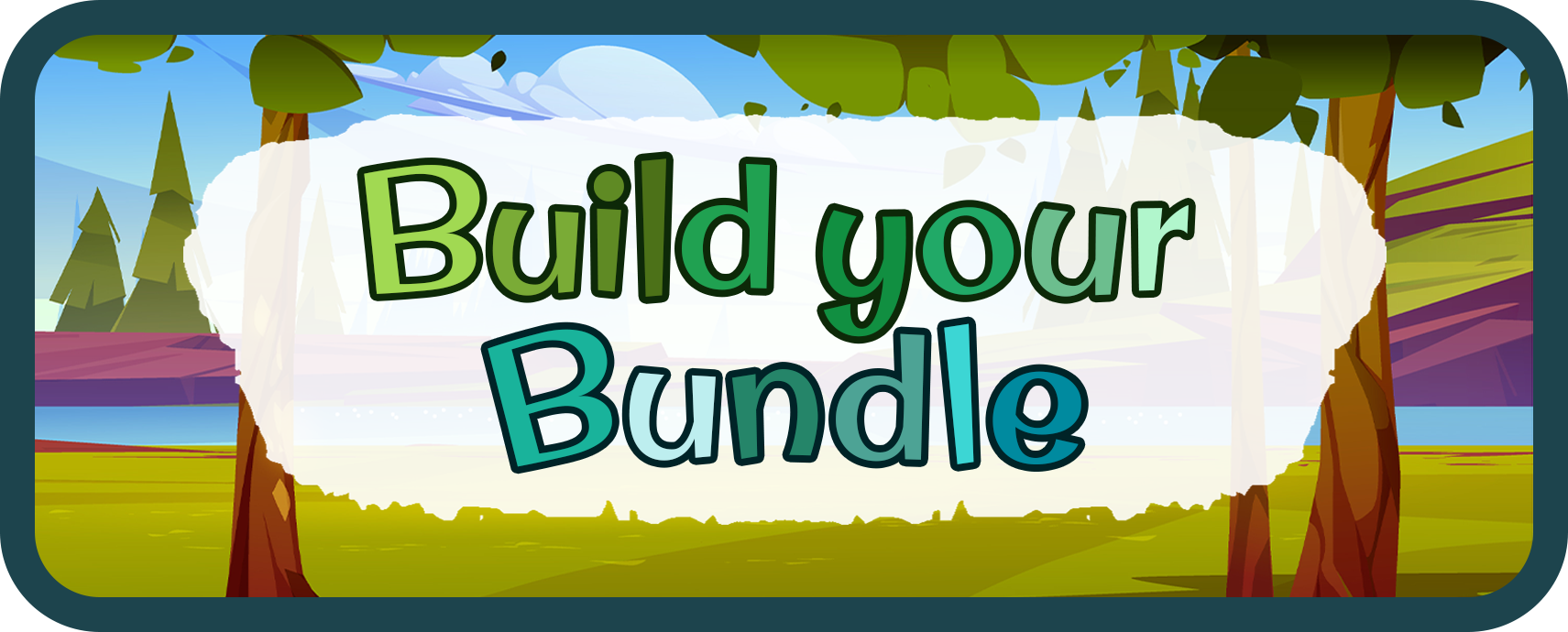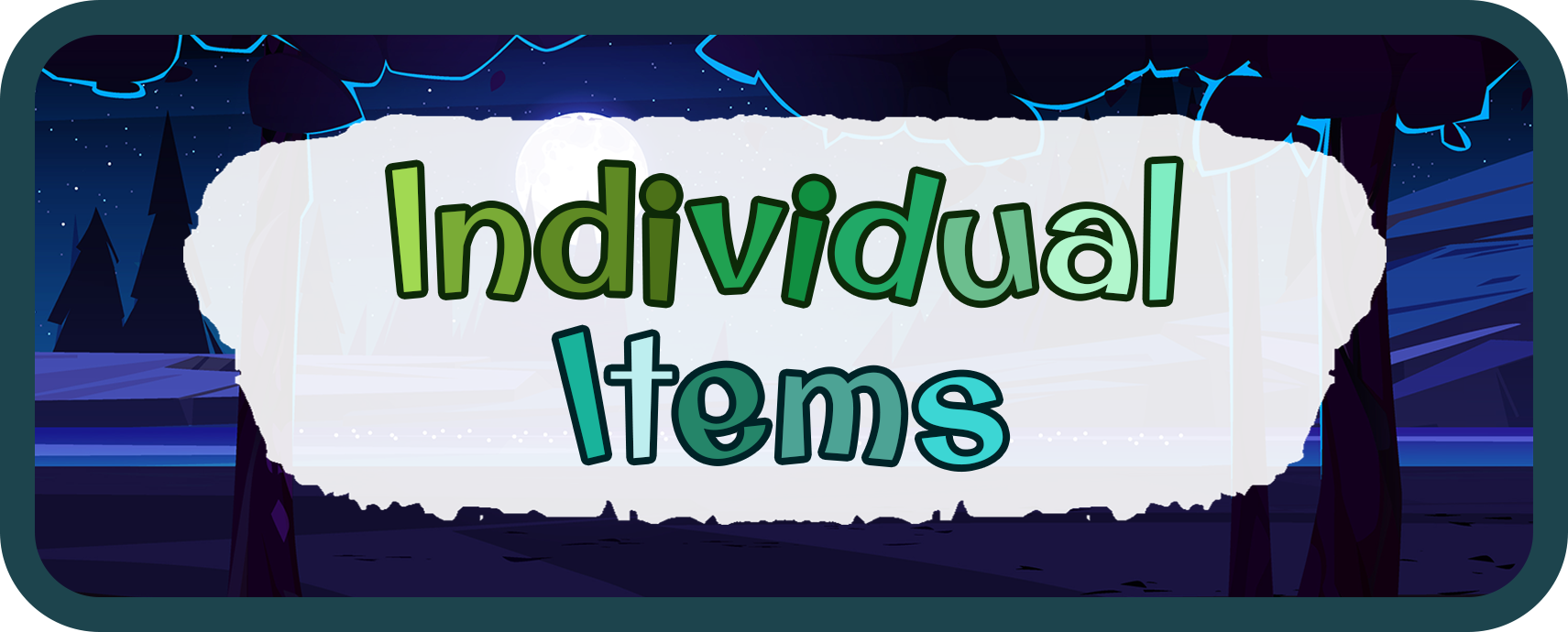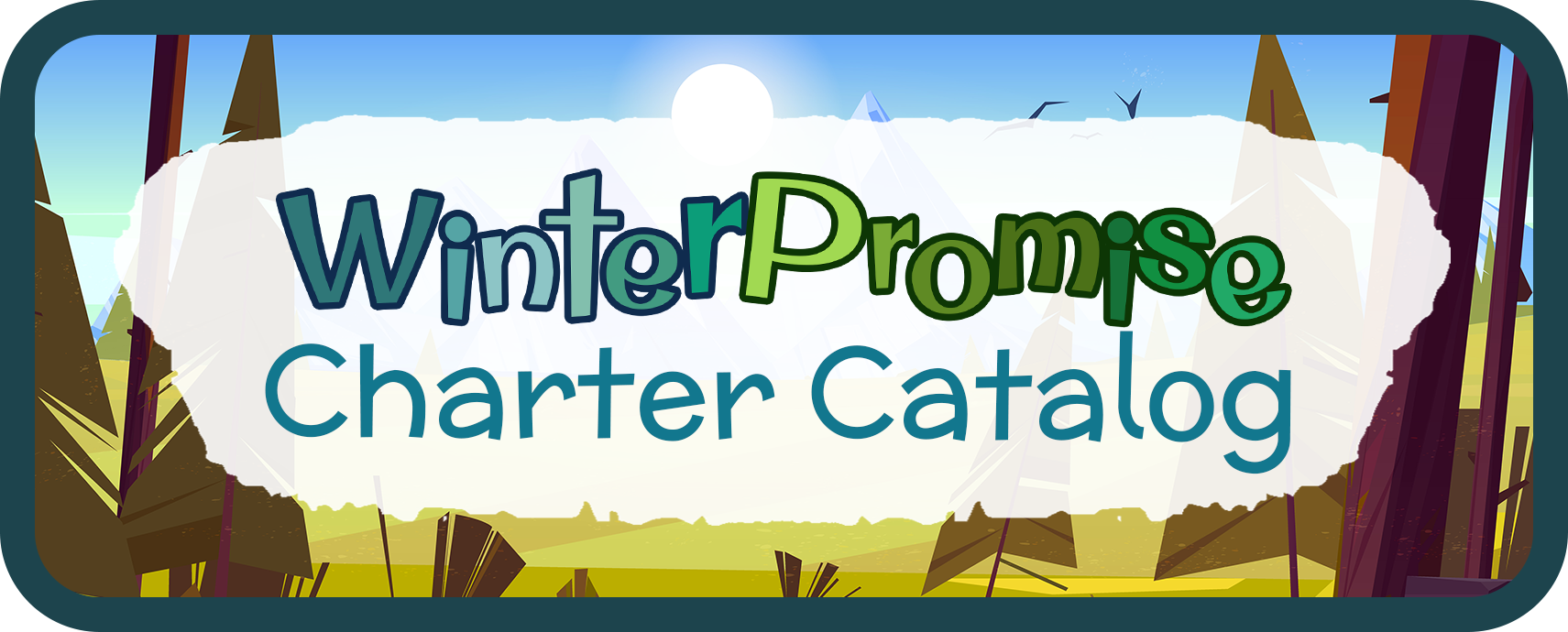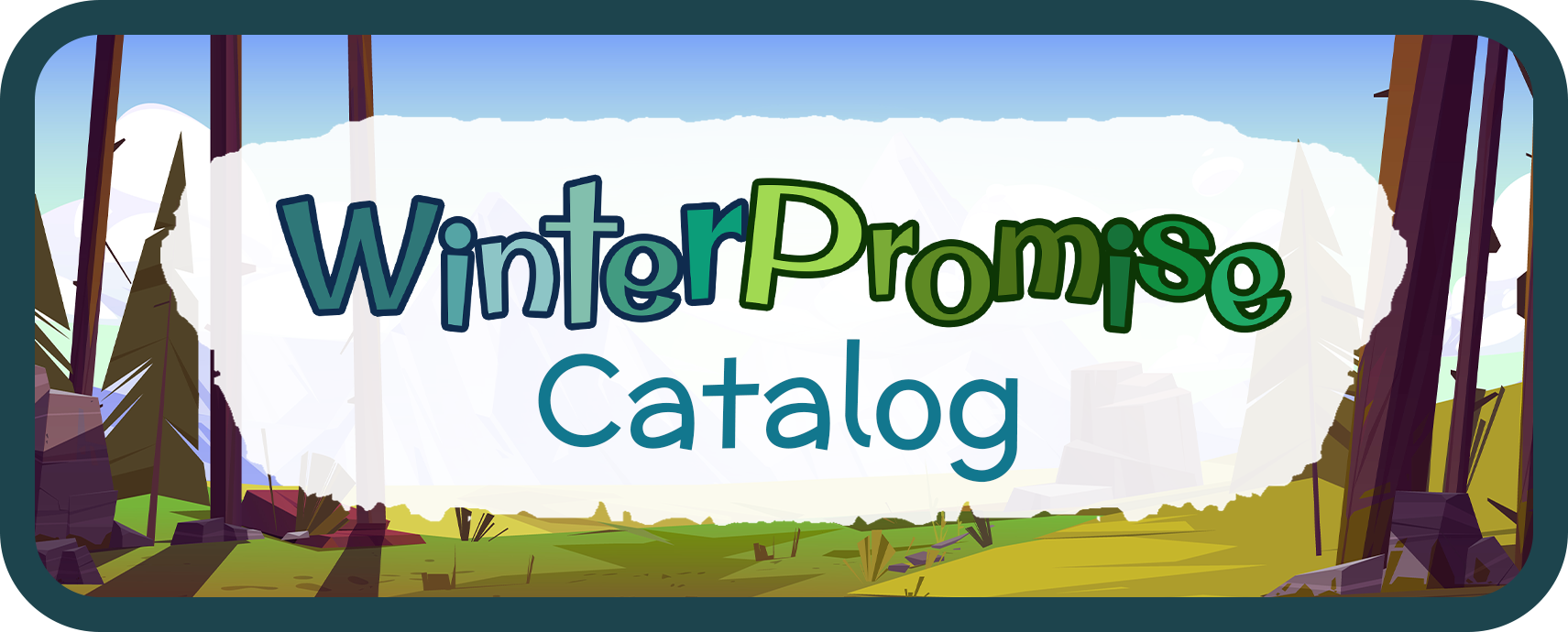Multiple Intelligences!
Did you know that your kiddo could have different intelligences? There are so many types that no learner is ever the same as another!
Let me explain a little more about multiple intelligences before I tell you the different types! The multiple intelligence theory was developed by Howard Gardner in 1983 to better define the concept of intelligence. His theory questioned whether the methods that were used to “measure” intelligence were scientific and complete. Gardner theorized that the traditional understanding of intelligence was too narrow and only really measured one or two types of intelligence. If two children are taught their multiplication facts in the same teaching style and one of them masters them easily while the other struggles; that does not necessarily mean that the first child is more intelligent than the second. Gardner understood that the second child would most likely learn the same information through a different method of teaching and may understand other topics easier than the first child as well.
Gardner understood that topic and learning style were an important factor in how children learn and how their intelligence should be measured. If you have homeschooled more than one kiddo I am sure that you will agree when we say that no kiddo learns just like another! When we create curriculum we keep in mind Garnders theory of multiple intelligences and make sure we integrate assignments and schedule activities of all kinds to make sure that each kiddos learning style is included!
Below we will explain the nine multiple intelligences and how WinterPromise has included things for each intelligence. While reading through you will most likely find that more than one intelligence sounds like they could relate to your kiddo! Many kiddos actually have more than one intelligence and may prefer learning styles from one or the other. As you read through try to pick out the intelligences that sound most like your kiddo and find the activities they learn best with. Knowing this information you can understand what your kiddos learning style is and be well equipped to pick out the curriculum that fits you and your kiddo each year!
9 Multiple Intelligences:
- Visual-Spatial Intelligence: This intelligence is characterised by the ability to see with the mind’s eye and spatial judgement. Kiddos with this intelligence often learn best from seeing or drawing things on their own. They love drawing activities and probably are pretty artistic and creative! Your own little Picasso!
- These students learn best from creative activities, highly-illustrated books, seeing physical timelines, drawing, and notebooking! (All things that WinterPromise offers in each one of their programs!)
- Verbal-Linguistic Intelligence: This intelligence deals with written or spoken words. Kiddos who have this type of intelligence demonstrate good reading and comprehension, story telling, and are also good at writing. If this is your kiddo you probably know that they love reading books or having books read to them, and they are probably pretty good at speaking and narration. These students learn best by reading information, writing down their thoughts, and notetaking.
- WinterPromise includes colorful notebooking pages with prompts for students, living texts for all students to read from, timeline cards to study from, and discussion topics for families to talk about while they are learning for students with this type of intelligence!
- Logical-Mathematical Intelligence: Students with this intelligence are good at activities involving logic, abstractions, reasoning, and numbers. These students have great abstract thinking and prefer to figure things out in their head rather than use their hands or visuals to figure things out. While this intelligence correlates heavily with the “traditional” type of intelligence they may not always learn best from traditional teaching. These students benefit from outlining the main points, and activities that rely on logical thinking.
- WinterPromise includes key fact narration, important information repetition, chapter or lesson information outlines for students to fill in or learn from, as well as logic based activities. These students would excel in the game chess (p.s. if you have a logical-mathematical learner you might want to check out our chess programs!).
- Bodily-Kinesthetic Intelligence: This type of intelligence relates to actually performing activities by moving or involving your body. These students love trying things for themselves as well as can often be labeled as too excited. Rather than thinking of them as too excited to stay seated WinterPromise understands that these students learn best when they can experience it with body movement!
- WinterPromise always includes “Try it yourself!” sections, hands-on activities, and tons of fun experiments for these students to do as often as they would like!
- Musical-Rhythmic Intelligence: This area has to do with music, rhythm, and hearing. These students often like to listen to and make their own music and often may like to listen rather than speak. Creating little tunes to remember things by or simply listening to a lecture may sometimes be the best way for them to learn and understand something!
- WinterPromise includes weblinks to videos, musical games, schedules for books that can be read aloud to them, and options to watch certain DVD’s relating to their program in order to help these kiddos learn best!
- Interpersonal Intelligence: Interpersonal intelligence has to do with learning with others or in a group. Kiddos with this type of intelligence may be extroverted, sensitive to others moods and emotions, and cooperate well when working with others. They may also struggle when left alone to perform certain tasks or may not enjoy doing school alone rather than with friends.
- WinterPromise includes family projects and crafts, leadership tasks, group discussions, and prompts for discussing feelings or emotions about or related to what they are learning!
- Intrapersonal Intelligence: As you can probably guess this intelligence is the opposite of interpersonal intelligence. These students would rather work alone than in a group and often are content playing or entertaining themselves. These kiddos are probably also very adept at understanding their own feelings and have a strong sense of self.
- WinterPromise includes journaling, independent activities, connection opportunities with characters in living texts or books, and tons of other activities that can be done solo rather than in a group for students with this type of intelligence!
- Naturalistic Intelligence: As the title suggests students with this type of intelligence love nature and the outdoors. They most likely have a strong connection with animals and nature. Kiddos who have this intelligence are probably relatively interested in science and understand it easily.
- WinterPromise includes programs focused on nature topics, a scientific resource in many of their programs where students will observe and journal throughout the year, as well as outside activities and observation projects! Be sure to check out the programs Equine Science and Animals and Their Worlds if your student has this type of intelligence!
- Existential Intelligence: This intelligence is a little trickier than the others. It relates to abstract thinking and philosophical questions. While it might be hard to tell if your student possesses this type of intelligence while they are younger, you may still be able to tell! Students with this learning style will often ask questions related to world structures, emotions, and other questions that as a parent might be hard to answer because there isn’t one true answer. These students may also be very connected to their beliefs or interested in the beliefs of others as well. These students learn best from studying questions that they think of as well as asking questions to others.
- WinterPromise includes abstract questions, topic starters for “food for thought” discussions, as well as facts and questions meant to get students to think deeper on certain topics for students with this type of intelligence!
You may have read through these intelligences and picked out each one that your kiddos have, or you may still be questioning a few of them. This is okay! As you homeschool and grow with your kiddos you will better understand their intelligences and maybe even notice that they may start to change as they get older! Knowing what learning methods best suit your student is always a trial and error process but thankfully with these intelligences defined above families can get a better start and what they can be looking for in a curriculum to best suit their kiddo for the year!
If you are unsure about which intelligences your student has, reach out to us and speak with us about your student and we can help you pick out their intelligences as well as find a program that fits you and your kiddo best!
Click here if you’re interested in reading more about Howard Gardner’s books.


